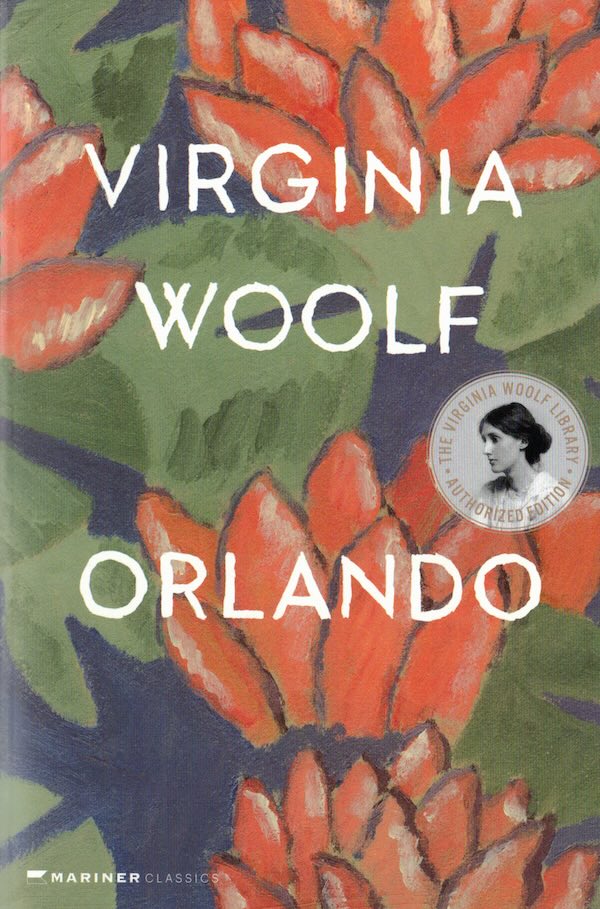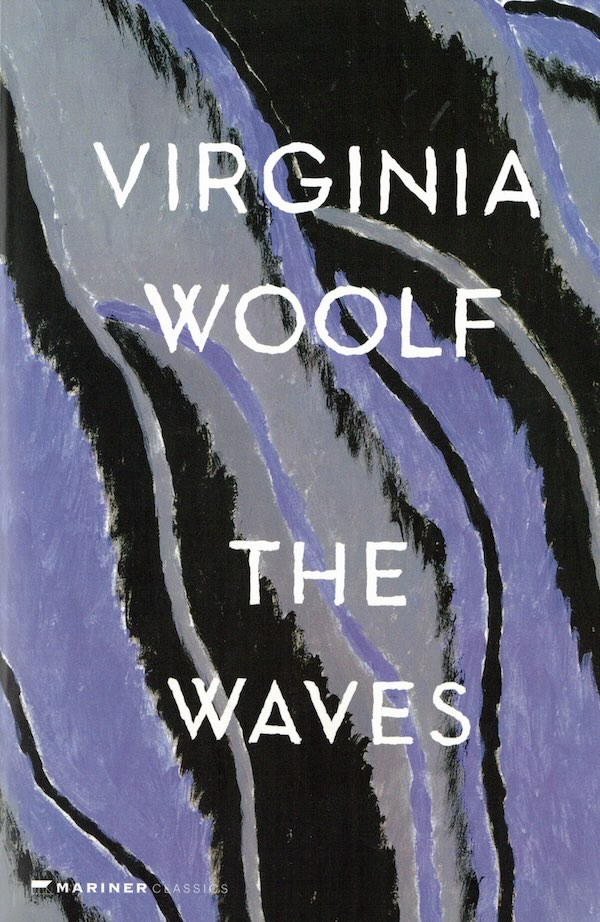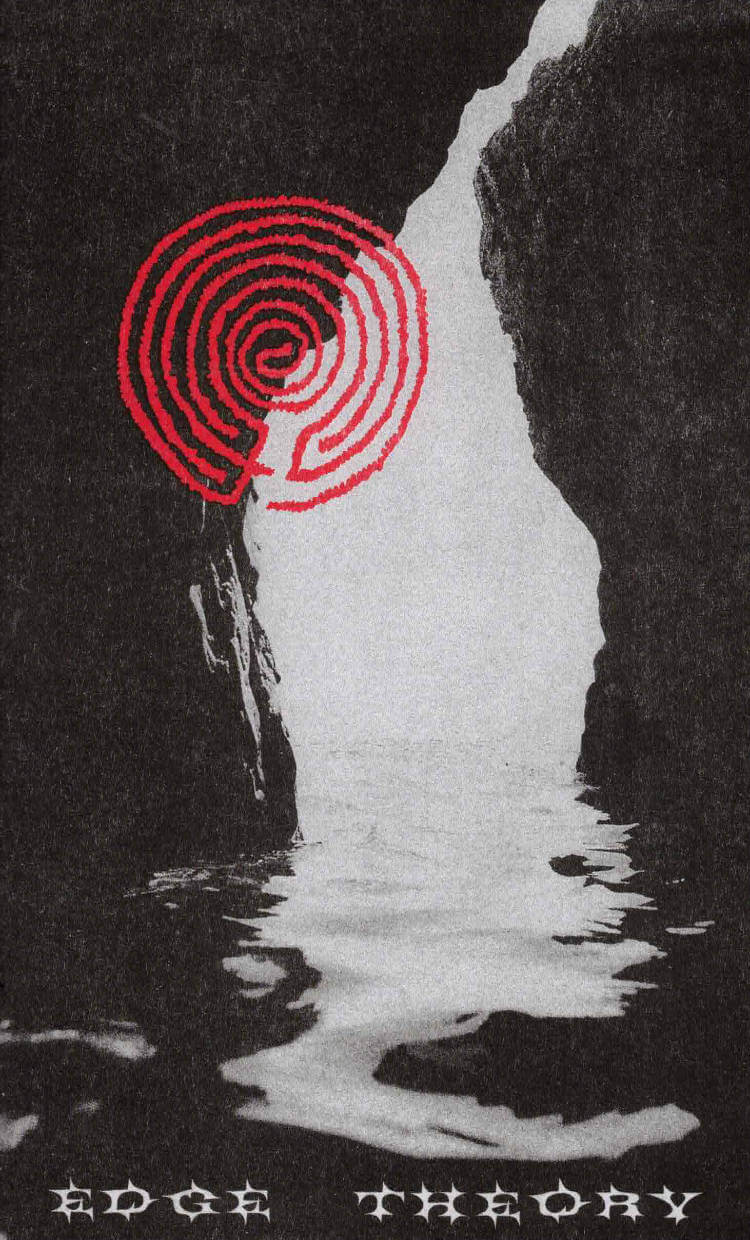
L’Architecte et la Femme au foyer
Dans son atelier, qui est aussi son salon, Frances Stark se demande si elle ne serait pas devenue une Femme au foyer. Elle observe avec amusement et lassitude les artistes hommes qu’elle associe à la figure des Architectes parce qu’ils séparent production artistique et activité ménagère, art et décoration et qu’ils ont la chance de pouvoir quitter l’espace domestique pour aller créer ailleurs.
Frances Stark réfléchit à son expérience quotidienne, la mêlant à des réflexions sur des habitations construites par R.M. Schindler et Jorge Pardo, l’essai Critique comme artiste d’Oscar Wilde, le livre Une chambre à soi de Virginia Woolf ainsi que des déclarations de Daniel Buren, d’Adolf Loos, d’Otto Weininger, ou encore de Ludwig Wittgenstein. Elle livre ainsi ses pensées, vives et sagaces, sur les espaces d’exposition, les maisons, les chambres à coucher, les coussins décoratifs, en prenant aussi en compte les couples hommes-femmes qui les utilisent, s’y rencontrent, s’y unissent et s’y séparent.







